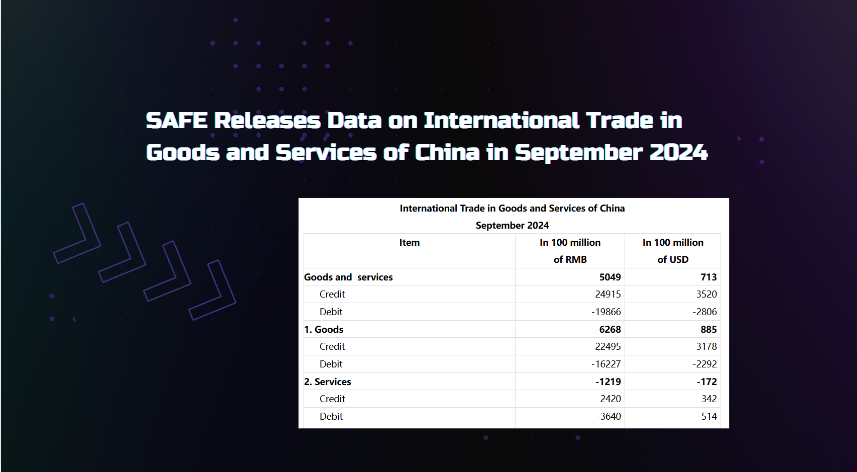China Elevates Development Zones to Advance High-Level Openness and Regional Integration
In a strategic push to enhance regional economic growth, China has upgraded four provincial development zones to national economic and technological development zones (NETDZs), a move announced by the State Council on October 30. The reclassification of Guangzhou's Huadu Economic Development Zone, Jiangxi's Guixi Economic Development Zone, Chongqing's Fuling Industrial Park, and Shenyang's Finance and Trade Development Zone marks a significant step toward strengthening China's dual-circulation economic strategy, which seeks to foster a robust domestic market while deepening global economic ties.
This upgrade underscores the government's focus on high-quality development through high-level opening-up and refined regulatory frameworks. Local governments in these newly designated NETDZs have been tasked with advancing reforms that align with national modernization goals, positioning the zones as dynamic platforms for global market integration and regional innovation. These areas are expected to lead in pioneering high-value production and bolstering local economies within a coordinated national framework.
As Dr. Zhou Mi, a senior researcher at the Chinese Academy of International Trade and Economic Cooperation, explains, “Development zones have historically anchored China's opening-up strategy, yet their roles continue to evolve alongside changing domestic and global economic landscapes.” He noted that certain provincial zones, with their accumulated scale and reach, are poised for national designation, reinforcing the alignment of regional growth with national economic priorities. The upgrade, he adds, reflects a commitment to optimizing resource allocation while incentivizing zones to explore new models for economic engagement.

China's vast network of 233 NETDZs now spans 31 provinces, establishing a nationwide blueprint for economic collaboration and international outreach. To ensure that these zones maintain rigorous standards for innovation and efficiency, the Ministry of Commerce will manage them under a dynamic performance framework. The aim is to drive competitiveness within the zones while allowing for reclassification should certain zones fail to meet evolving benchmarks—a strategic measure to ensure NETDZs continue to serve as pillars of high-impact growth.
The State Council's guidelines emphasize efficient land use and strict industrial regulation, directing that these zones prioritize industrial land while curtailing commercial real estate expansion. Development within NETDZs must adhere to national spatial planning goals, conserving land resources and implementing consistent land-use standards to support sustainable, long-term industrial growth.
China's NETDZs have increasingly attracted foreign direct investment (FDI) by offering favorable policies and robust infrastructure, positioning the zones as hubs for international business. The Ministry of Commerce projects that NETDZs will play a key role in reaching China's FDI target of $230 billion to $250 billion by year-end, even as global supply chains undergo reconfigurations. Stable regulations and an extensive domestic market continue to bolster China's appeal as an investment destination.
Moreover, as part of China's Belt and Road Initiative (BRI), these upgraded NETDZs are set to deepen economic ties with BRI partner nations. The integration of NETDZs with international markets provides an expansive network of trade-focused zones that contribute to mutual growth both within China and across global trading partners.
Amid a global trend toward protectionism, China's focus on expanding its NETDZs reflects its commitment to openness and economic connectivity. By enhancing the capabilities of these zones, China is not only fostering domestic growth but also inviting global investors and trading partners to participate in its long-term vision. The elevation of these zones demonstrates China's proactive approach to cultivating globally competitive and innovative economic hubs.
This latest move in reclassifying development zones reinforces China's adaptability and regional specialization, underscoring its dedication to remaining a global economic leader prepared to meet the evolving demands of modern industry and international commerce.






















































First, please LoginComment After ~